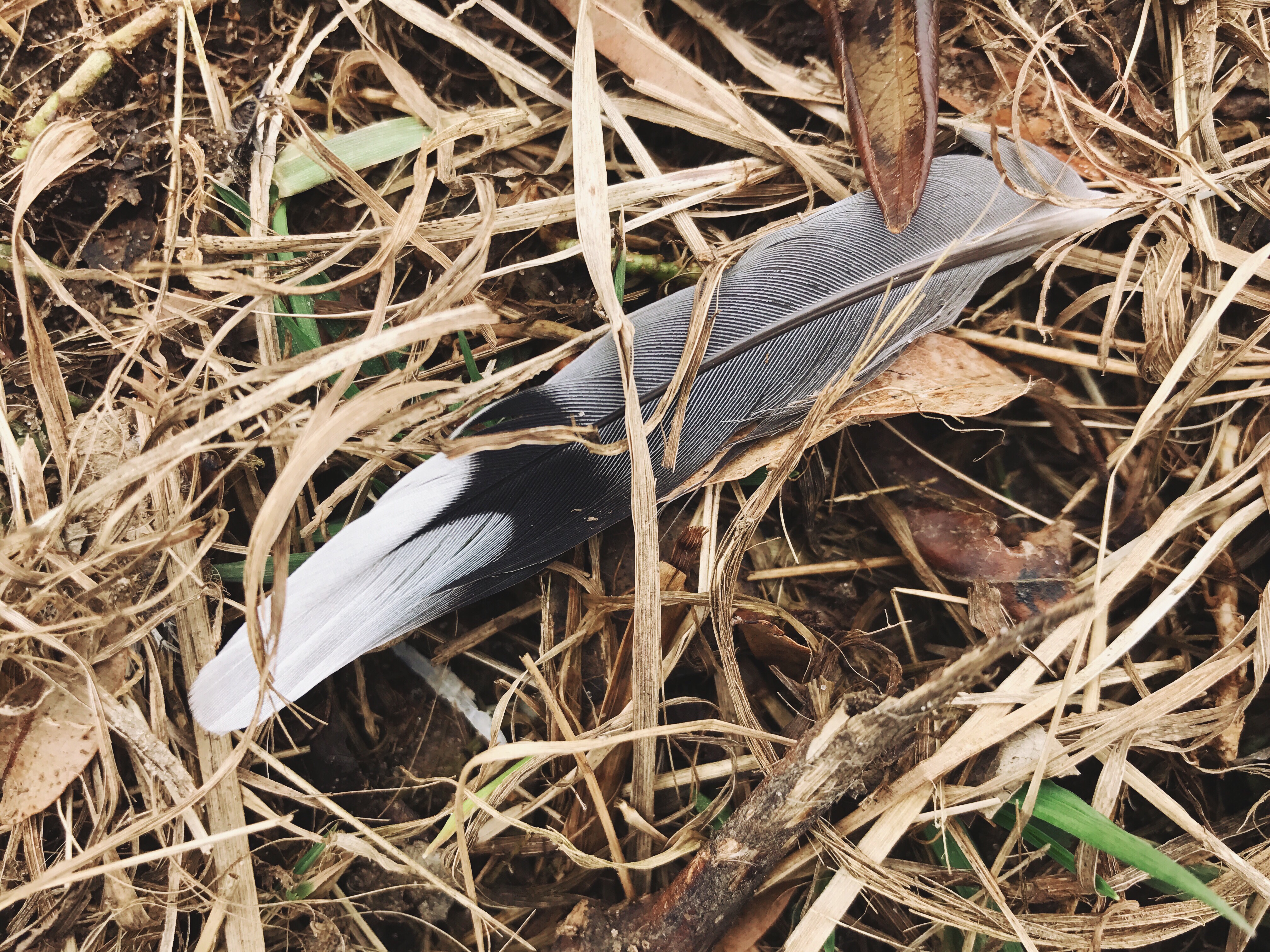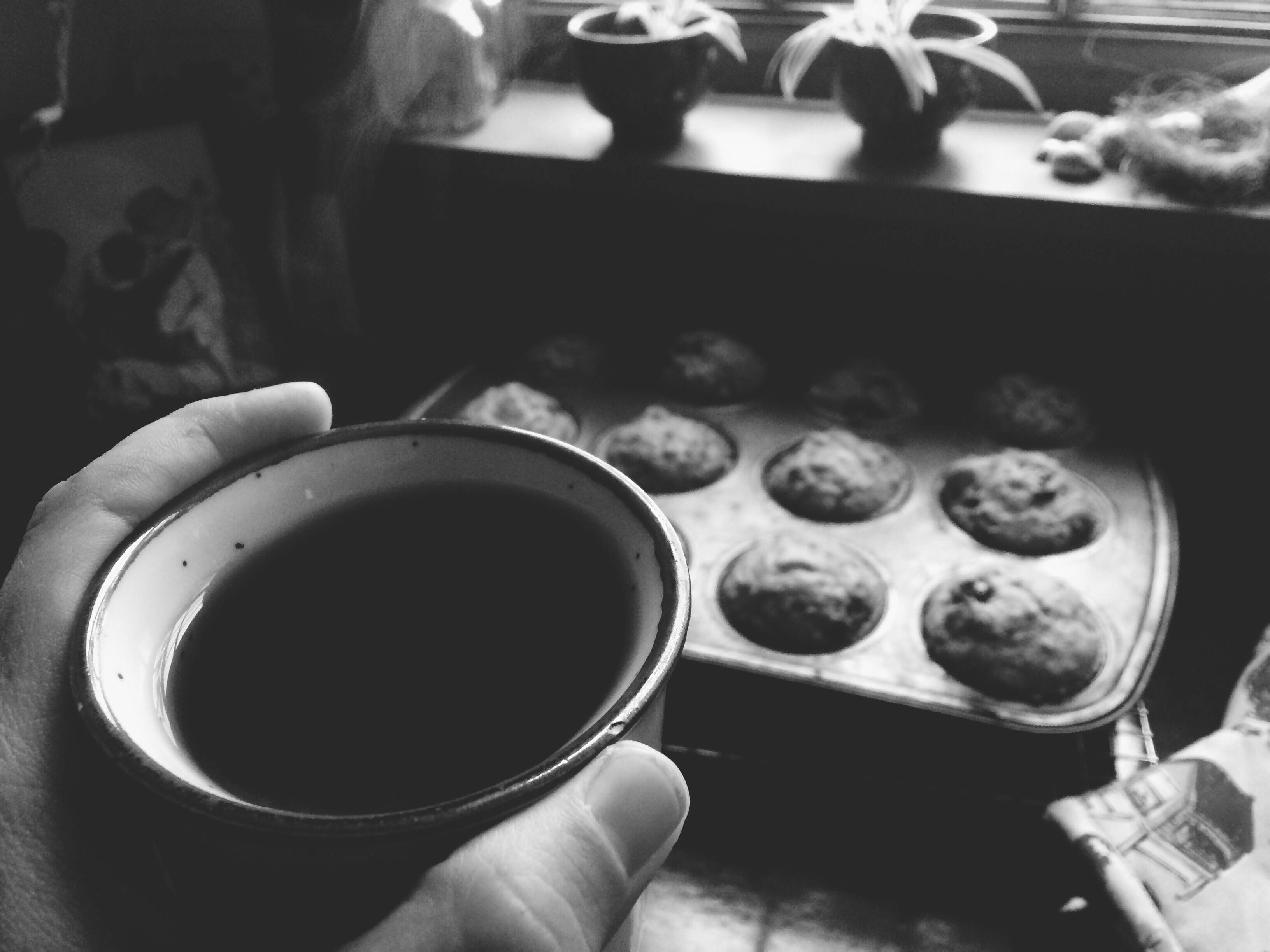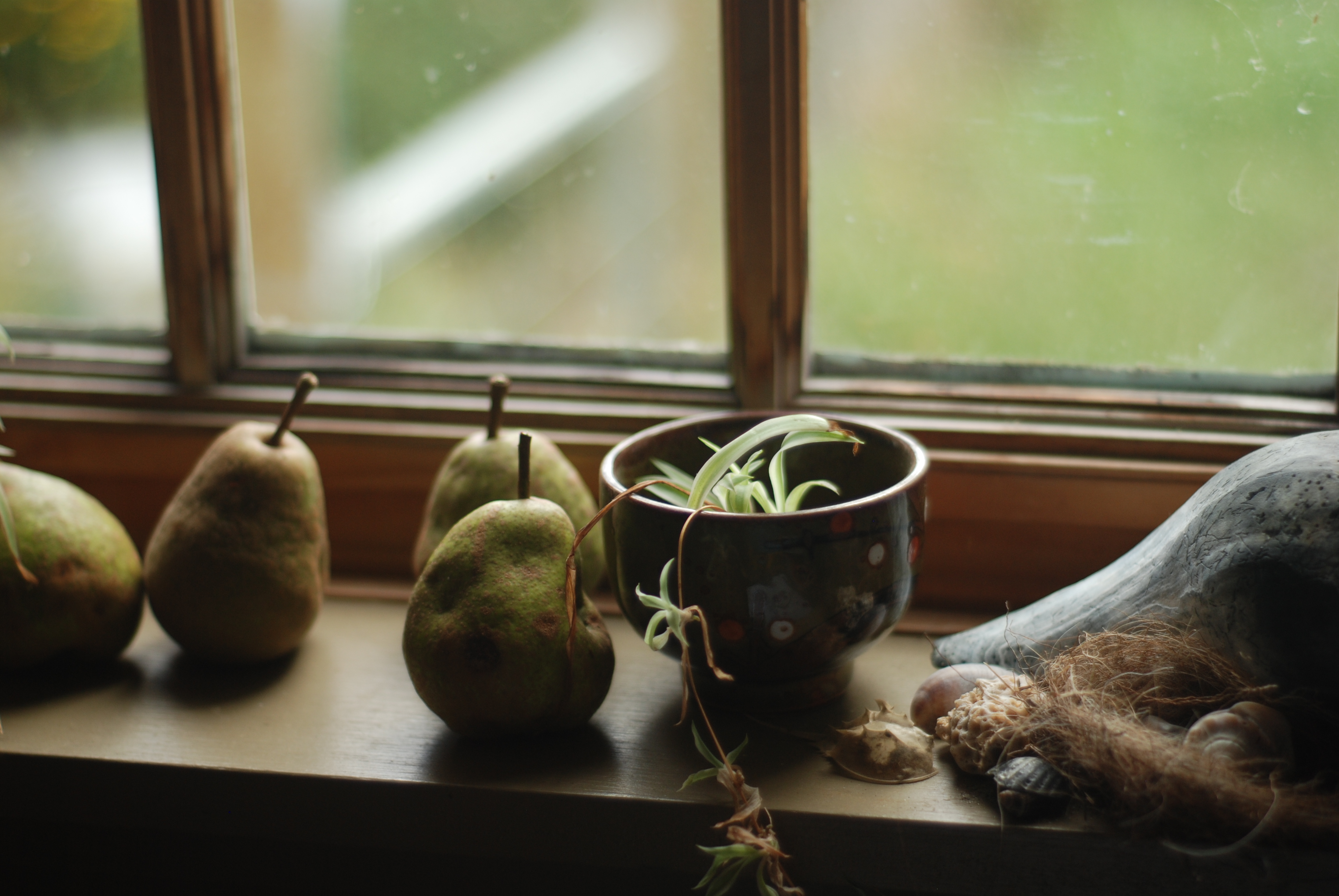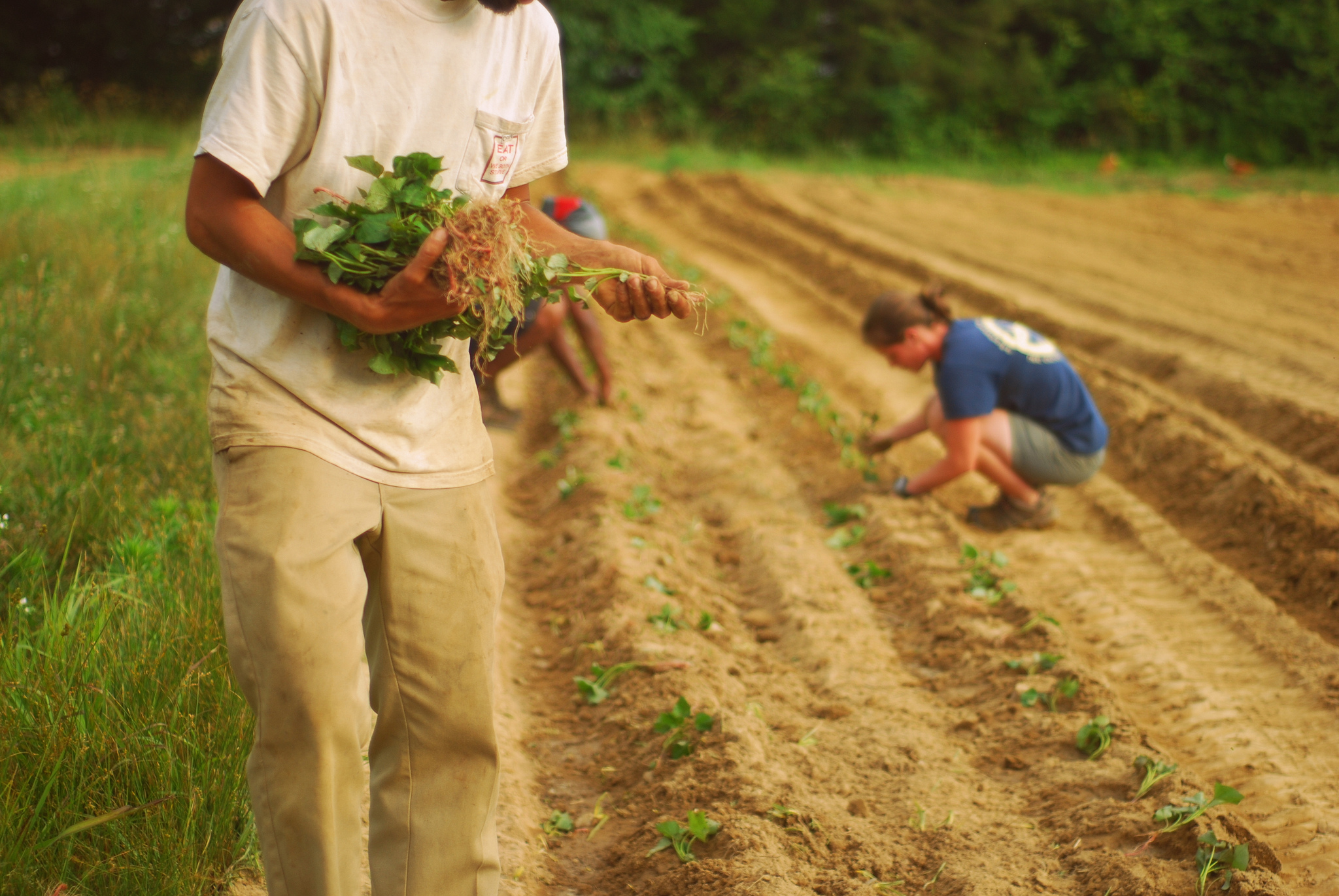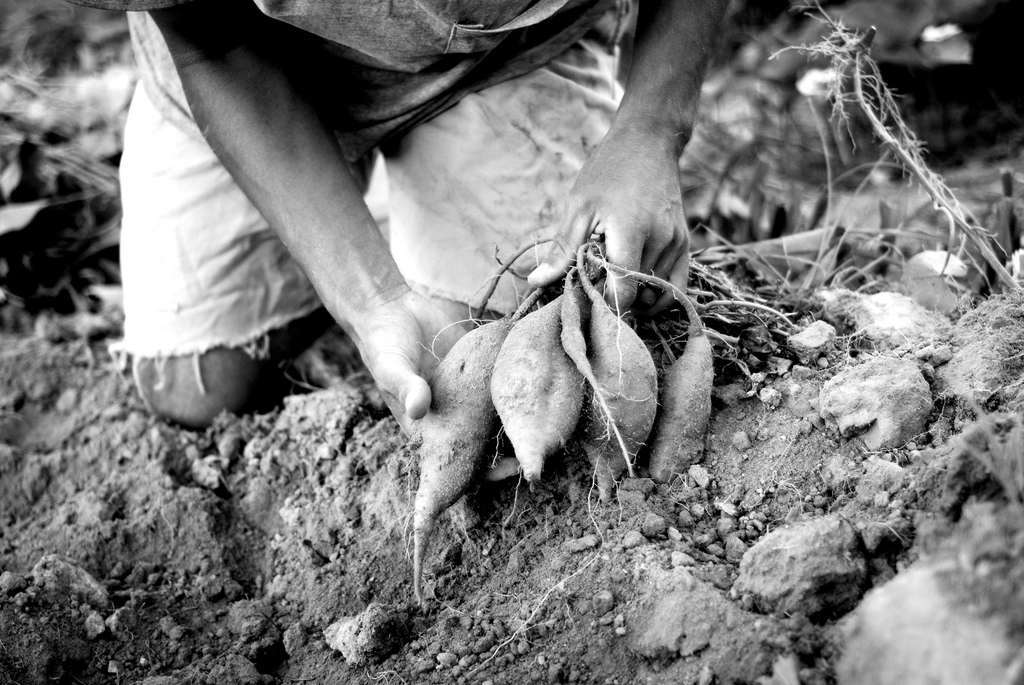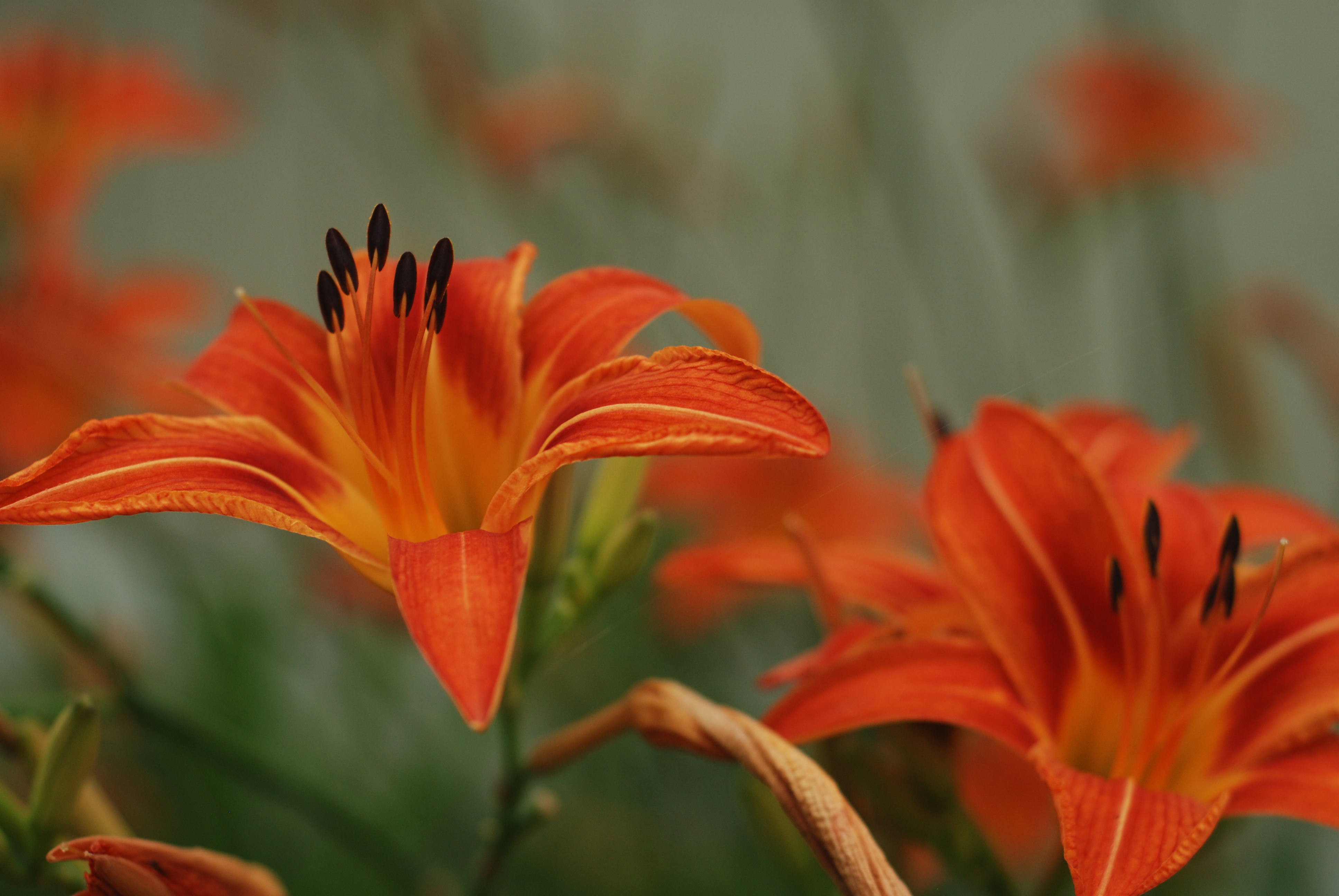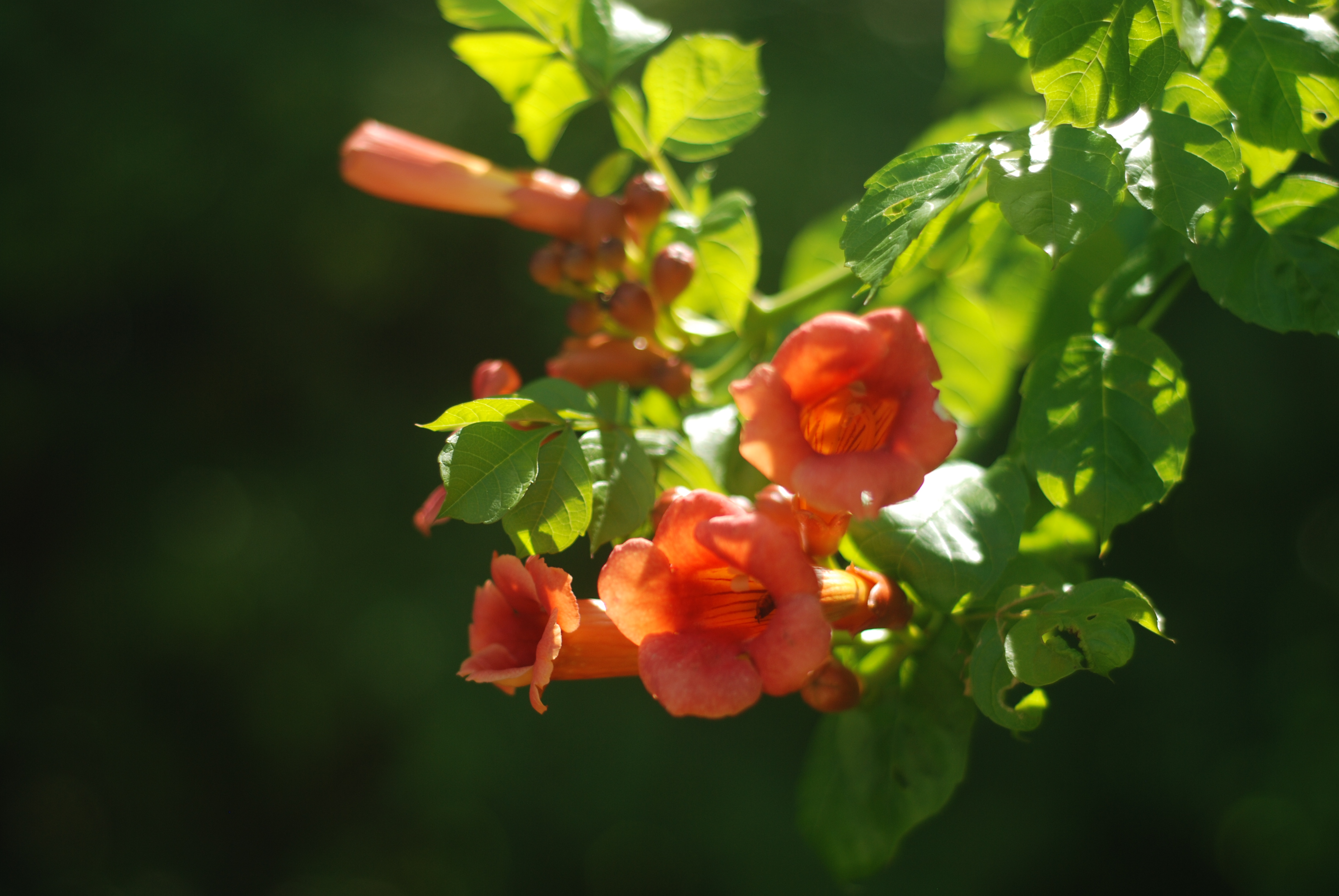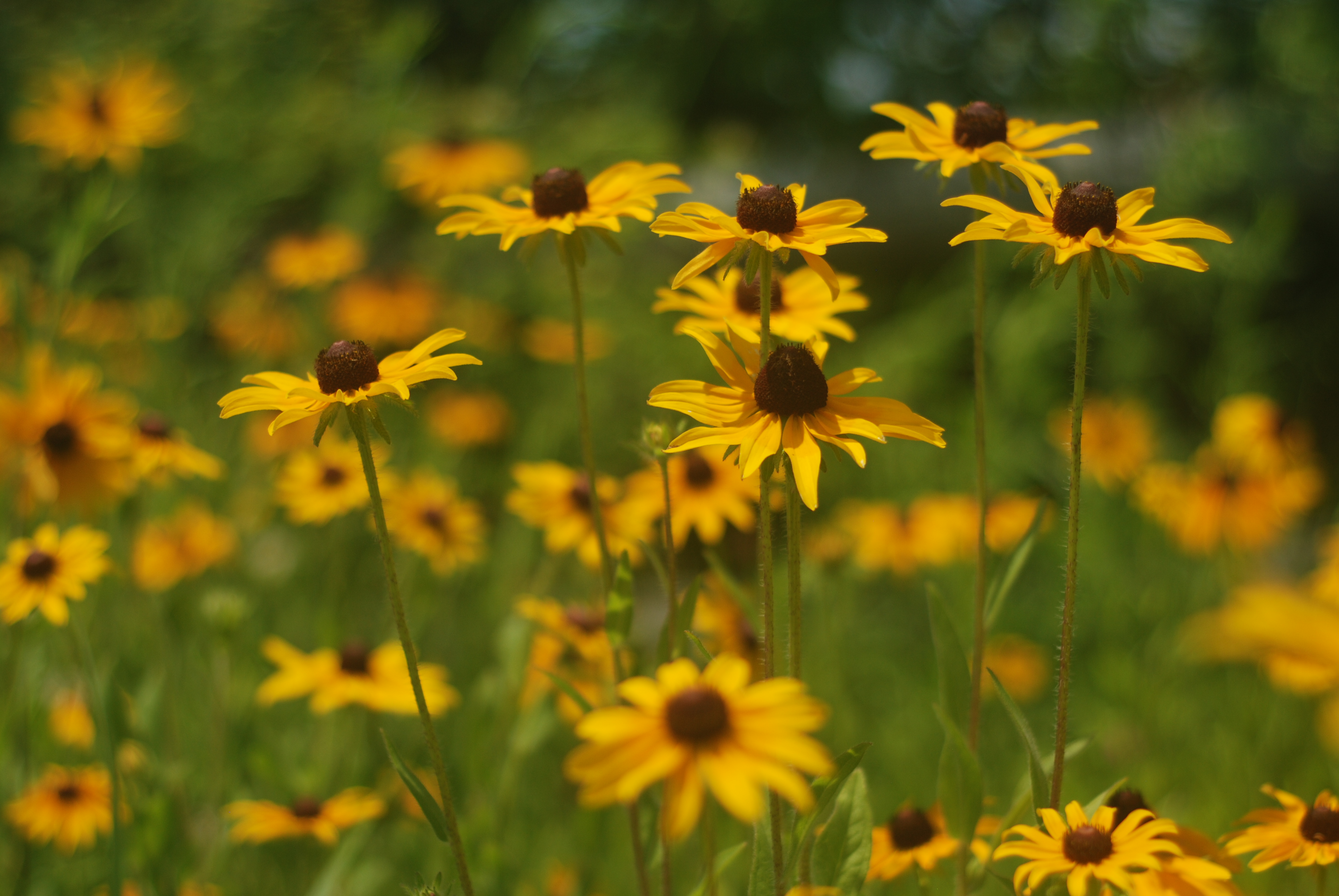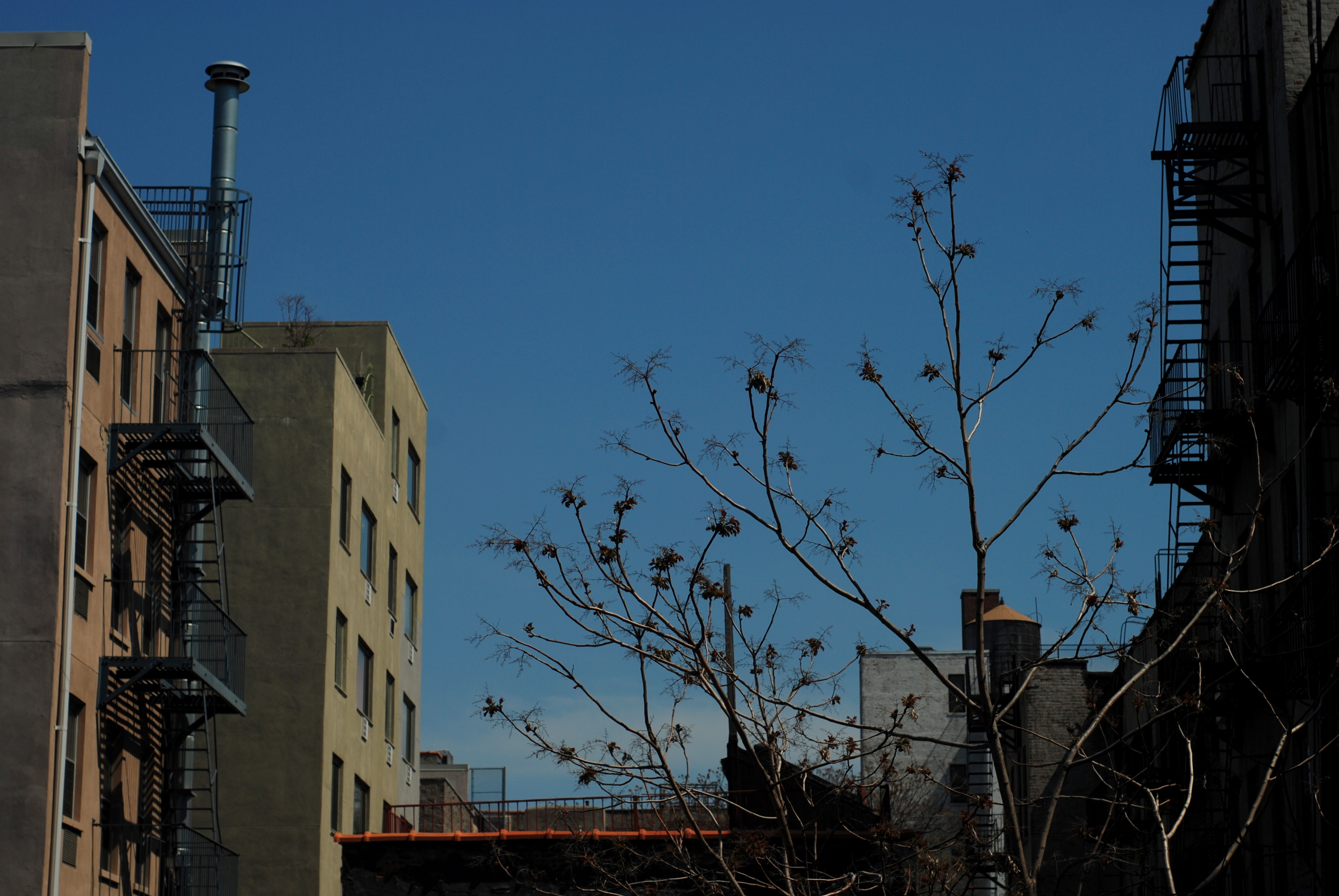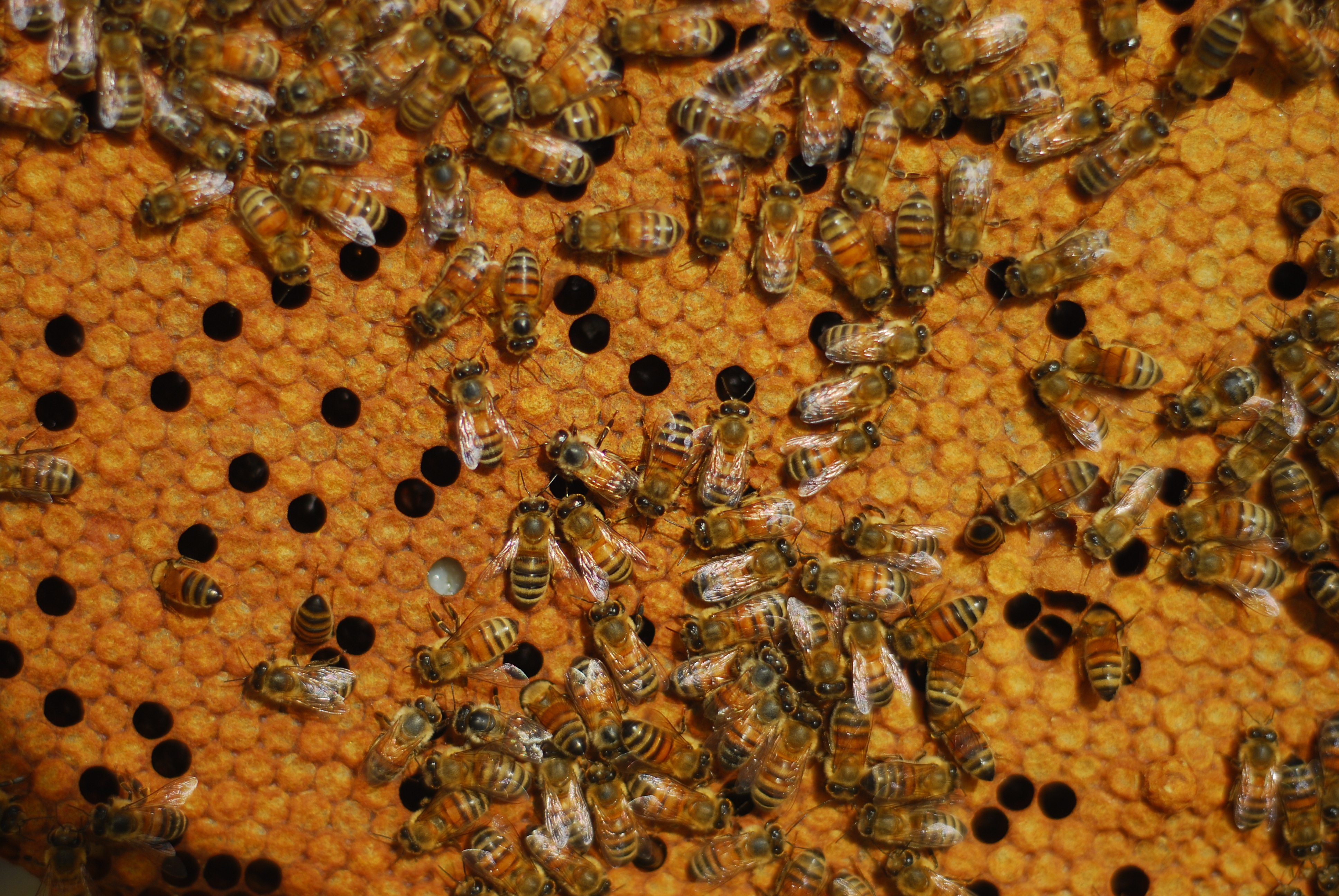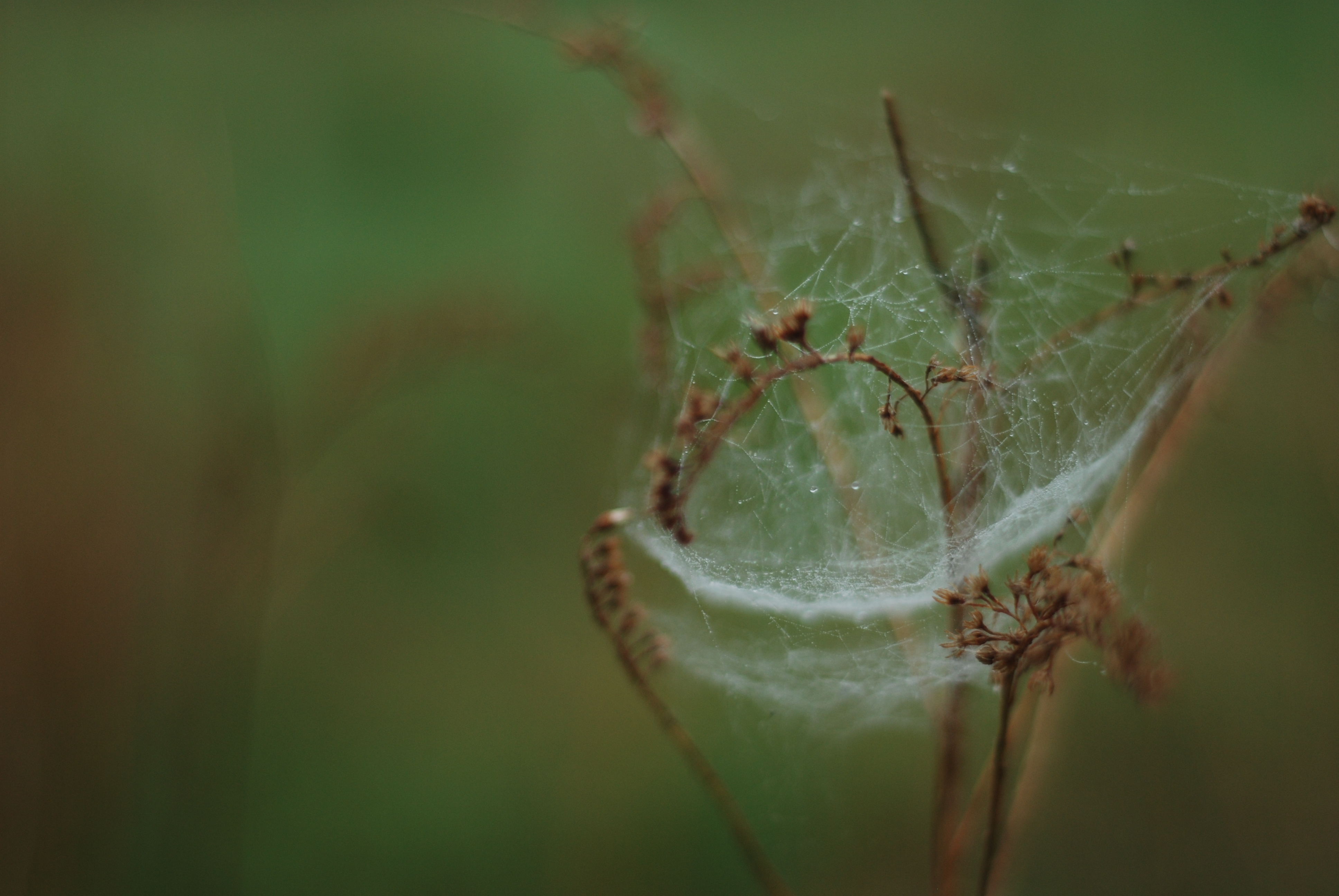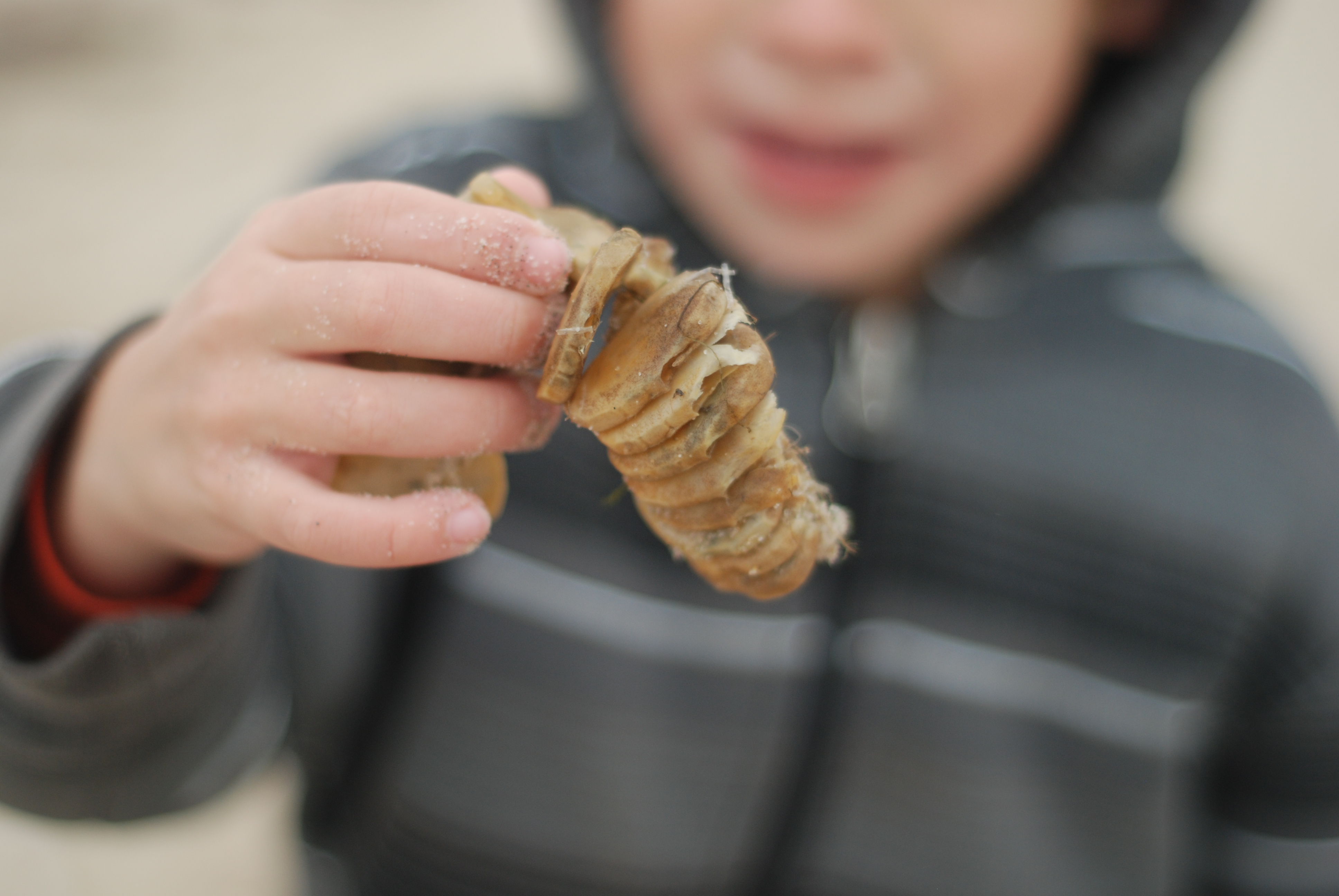“It shouldn’t work. It shouldn’t be magic. You shouldn’t weep happy and then sad and then happy again. But you do. And I do. And we all do.” – Ray Bradbury, The Cat’s Pajamas
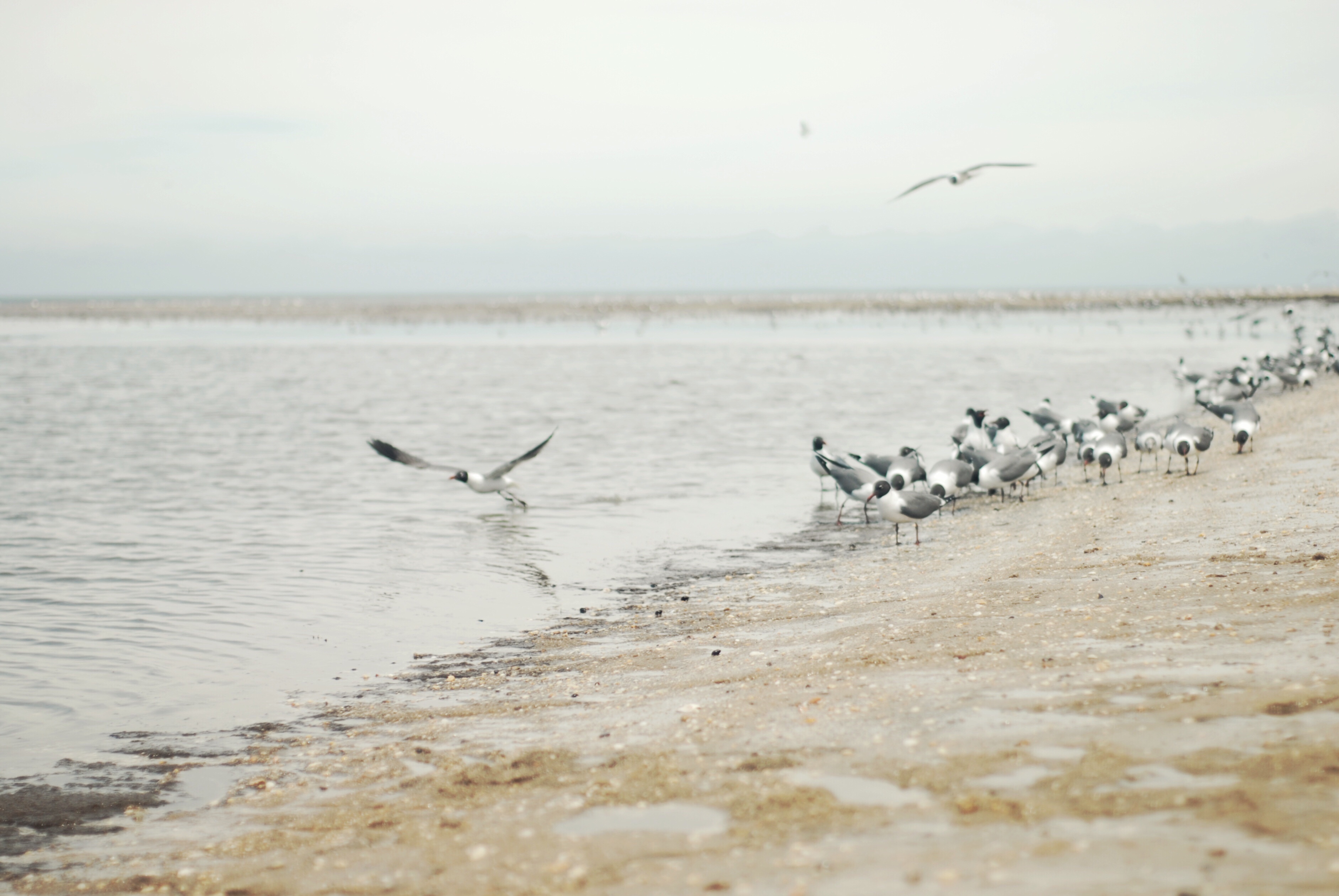
In less than two weeks we will buckle up, roll down the driveway, wait for a break in traffic, and turn left. We’ll drive north past salt marsh and pinelands, through perfect flat farmland, and then across the Delaware Memorial Bridge, before turning south again for another trip to Western North Carolina – this time, to stay.
It’s a decision we made months ago, but it’s been hard to write about it because it is really quite raw. It’s tangled up in all kinds of feelings about education and community and vocation and gratitude and plenty. Teasing that knot apart and then reworking it into a smooth rope of story has felt, quite frankly, beyond my abilities. There are also many details that remain unsettled. When I thought about sharing our news while so many of the bones were missing, I felt really vulnerable.
But it’s been hard not to write about it. As a child I imagined adulthood to be rife with clarity and wisdom, and I thought that meant grownups made decisions with ease and grace – but my actual experience has been that decisions wring more from me the older I get. You don’t get to try for the thing you’re aching for without losing something else that was hard-won. We are choosing a magical school community for our kids and losing our community here because of it, and I’m in the thick of that loss right now. Writing about it earlier might have helped.
I’m sad because I want my children to be from somewhere. I don’t know that I would have said the same thing fifteen years ago, when I was 25 and living in New York City and just beginning to imagine what parenthood might look like. I pictured it within the context of the life I was living then, a life that might have moved me to Mexico or Switzerland or Burkina Faso. It wasn’t crazy to imagine doing this with kids, because it was the real story many of my dear friends and coworkers were living. But as it turned out, it wasn’t my story. The person I wanted to build a life with was a farmer, and as a rule, farmers need to stay in one place. Plants need irrigating and weeding and bean beetle squashing. Chickens need water too, and they need to eat every day, and the time to figure out what’s eating six of them a night is right now, not when you get back from a work trip. You have to pick and prep for four farmers markets a week, and a dozen CSA drops on two different days. You have to repair your irrigation pump, put new plastic on the greenhouse, call the tractor mechanic, pay your market fees, pay your payroll taxes, pay your crew, drain the hydrants when the nights fall below freezing. The goats are stuck in their fencing. Something is eating the dill. The third generation of tomatoes will get too leggy if you don’t transplant them in the next 48 hours. This list is not a burden, not a lamentation – if anything, it is a benediction. Say no to a life of motion, the list tenders, and you can say yes to feeding people, yes to learning over years what your soil and your climate can do, yes to falling into bed exhausted and proud, yes to being deliciously in charge of your days, yes to integrating your children wholly into those days.
It bears saying: I didn’t say yes right away. For a couple years I scuttled back to New York on visits as often as I could, straining to be both who I’d been and who I was becoming, seeing the decision as binary and hating that I had to choose. My years in New York had taught me a thousand things about community, about dignity, about belonging, about needing and being needed, but what did the tomatoes care about any of that? How did my take on extreme poverty help me learn to pick fast, to troubleshoot irrigation, to sell eggplant? I had to cram a lot of myself into a box and push it into the shadows, out of the way.
But time did its thing, and eventually that yes-list a couple paragraphs up, along with the birth of my first child, was enough to anchor me in my farm life. We bought twenty acres in Virginia and we thought we’d be there for decades, thought our kids would pick wild blackberries from the same brambles every summer, thought they’d learn our woods by heart, thought they’d keep their drawl. Life brought us north, though, to this narrow county between a vast expanse of bay and the Atlantic Ocean, and I thought so much, as I always do, about the opening sentences in Annie Dillard’s An American Childhood, when she writes that the topography of our childhood will inform our sense of home and self for the rest of our life:
When everything else has gone from my brain – the President’s name, the state capitals, the neighborhoods where I lived, and then my own name and what it was on earth I sought, and then at length the faces of my friends, and finally the faces of my family – when all this has dissolved, what will be left, I believe, is topology: the dreaming memory of land as it lay this way and that.
Those words throbbed in my chest for months after we arrived. Over and over I stood in the wind on the beach, hand on my swollen belly, toes kneading sand. I watched my son squeal and jump in the icy surf. I surveyed the wide, wide water, the canopy of sky, thinking: this is so beautiful, and so foreign.
But my son was still little and my daughter was still a couple months from her inaugural cry. It broke my heart to realize he wouldn’t remember our farm, but I came to understand, and relish, that the dunes and the mud flats and the wide creeks twining through the salt marsh would give to him what thick woods and rolling hills gave to me. He will know why the horseshoe crabs come, I thought. He will recognize milkweed and glossy ibis and whelk egg case. He will know how to walk at low tide without sinking in the mud. He will know how cold it has to get before the bay freezes. He will swim in tea-colored lakes among pines and white cedars. He will slap at greenheads, and cry as crabs pinch his toes, and hold luminescent comb jellies in his palm at dusk.
This landscape enveloped both my children for four and a half years – years so tender the details will surely fade.
But me? I’m 40, and this coastal plain that felt like a strange dreamscape in 2013 has become, unexpectedly but unequivocally, home. I came here on summer vacations as a child and teenager, and what I loved then was returning every few years to things I could count on, things that stayed the same: the crash of the surf, the flash of the lighthouse, the memorial plaques on the boardwalk benches, the shrieks of laughing gulls, the first lunch at the same sandwich shop every year. But now that I live here what I love is how it is never the same. The bay looks different to me every single time I’m there, depending on the tide and the light and the season. The laughing gulls, it turns out, are migratory summer birds, and they leave not so long after the tourists do. I wait for the ospreys and the oystercatchers and the diamondback terrapins and the horseshoe crabs and the monarchs to lay their eggs. When I drive the long stretch of highway on the west side of the county, the marsh spreads away from me in every direction and I feel cradled. I think: I could never love another landscape the way I love this one.
History tells me that’s false, tells me I keen so hard for home wherever I am that I get outside and pay attention and that this attention makes every place beloved. But its hard to see that forest of truth for the trees of my grief.
It’s not just this teeming wetland ecosystem we’re leaving, of course. Leaving Virginia was hard mostly because it meant letting go of the vision we had for our farm and family life there. Leaving the Hudson Valley was hard mostly because it meant letting go of a brief flash of possibility of selling our vegetables in the thriving markets of New York City. Leaving here is hard mostly because it means letting go of the most amazing community. There have been beautiful people in our life at every turn, don’t get me wrong. But until we came here, we didn’t have it all.
We have haunts, where the baristas and servers and deli managers and librarians know my kids by name and have inside jokes. We have sitters who love my kids like family. We have friends who squeeze around our table every Wednesday night, never complaining about the sink full of dishes or the missing toilet paper or the fact that we’re out of chairs and so they’re half-sitting on the play kitchen sink. Rare is the day when there’s not someone who can meet us at the beach or the playground or the library. When I have an emergency trip to the dentist I know who can take my kids. When I need to cry I know who will share a pot of coffee with me. We have all of this and I feel like we’ve only just begun and now we are walking away.
Last month my son spent a day visiting his new school. All of this change is big, and when I picked him up I could see that in his face right away, so we headed straight to an ice cream shop. And after that we drove just a little ways north, into a national forest. We pulled off to the side of the road and right there plunged a waterfall. We climbed down to the creek bank and then onto flat wet rocks, the spray an exploding rainbow in our hair and on our cheeks.
I was cautious in this new place. I worried: how slippery are these rocks? How deep is the water if we slip? Will he hit his head? But then two things happened, and my racing mind slowed almost to a freeze-frame. First, I saw that my son was sure-footed and happy. Second, I saw the falls: violent, mighty, wild. Anything but static. I thought of the beach, comforting in its sameness when I was a tourist, and for the very opposite reason now that it’s home.
I’m not home yet, I thought, but this wild water is going to be the thing that leads me there.

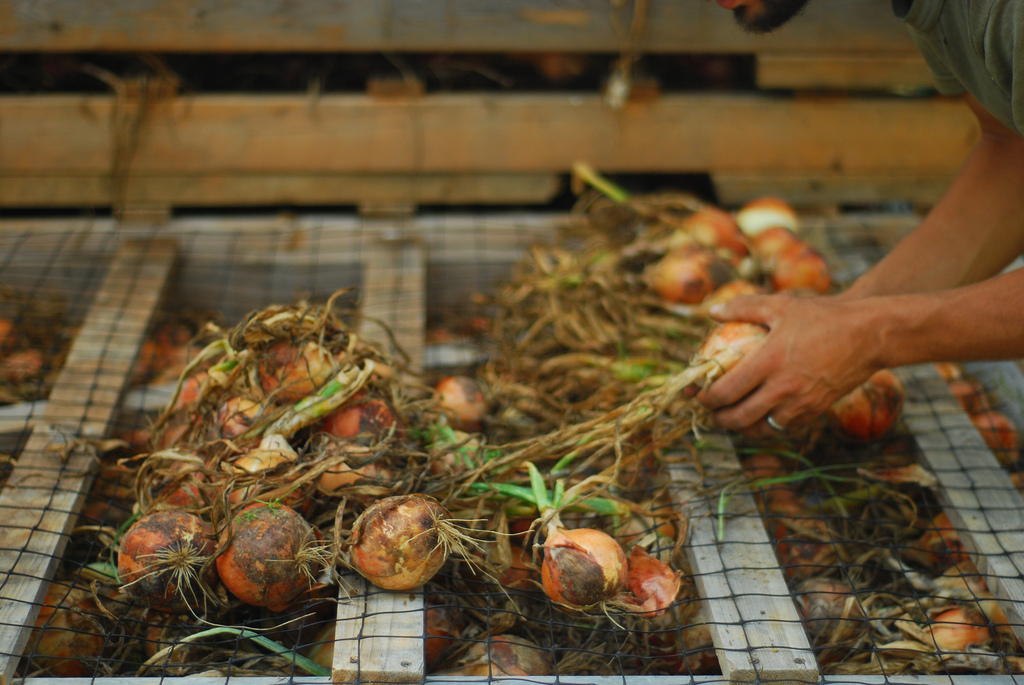 Curing onions. July 2011, Virginia.
Curing onions. July 2011, Virginia.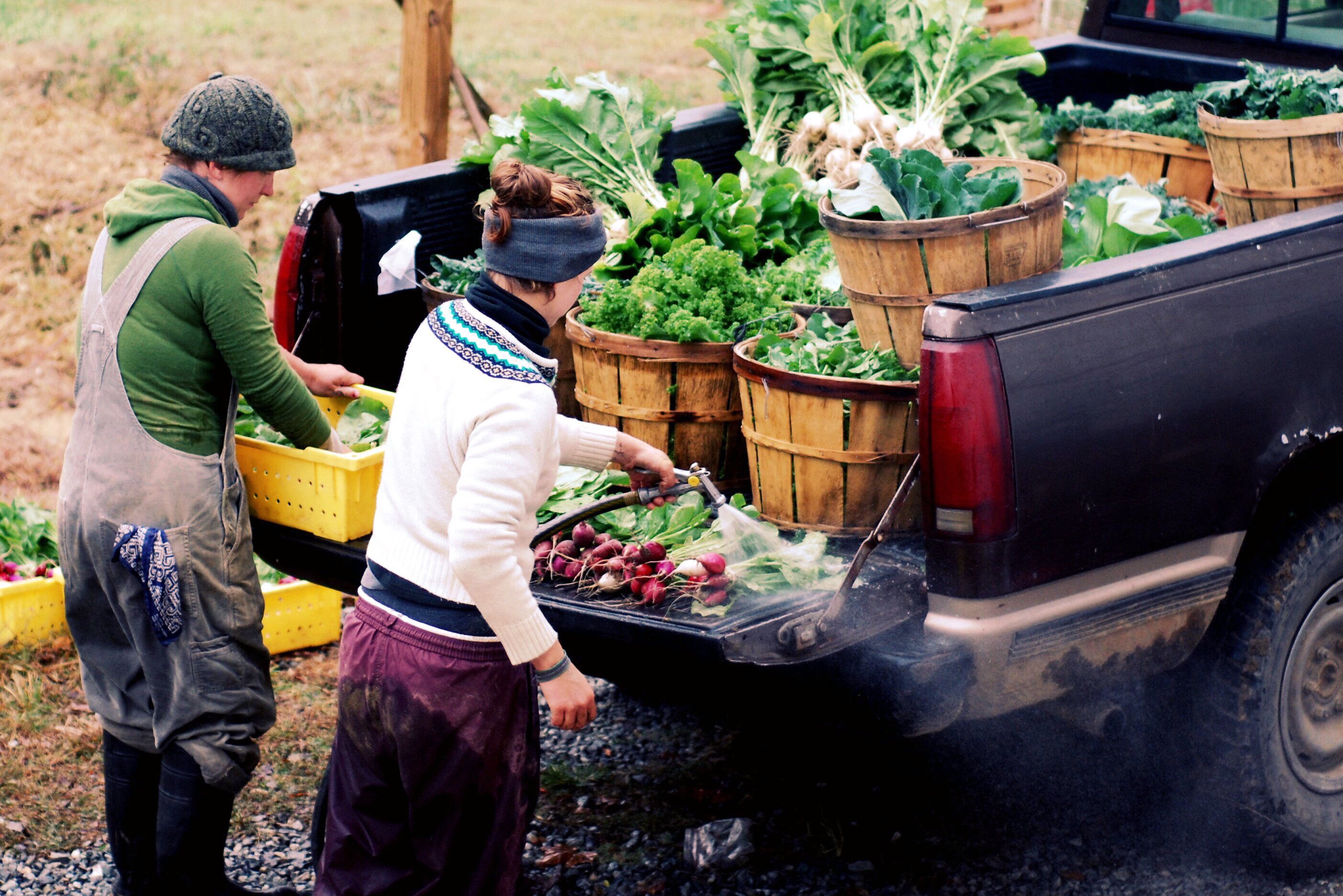 Fall roots and greens. October 2009, Virginia.
Fall roots and greens. October 2009, Virginia. 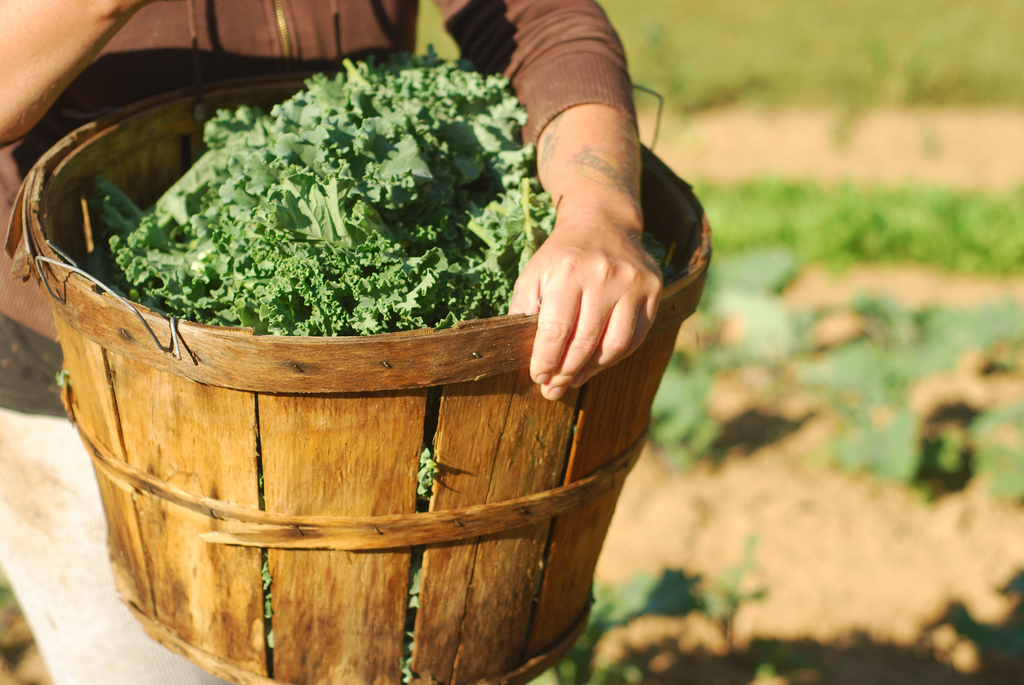 Harvesting curly kale. September 2010, Virginia.
Harvesting curly kale. September 2010, Virginia.